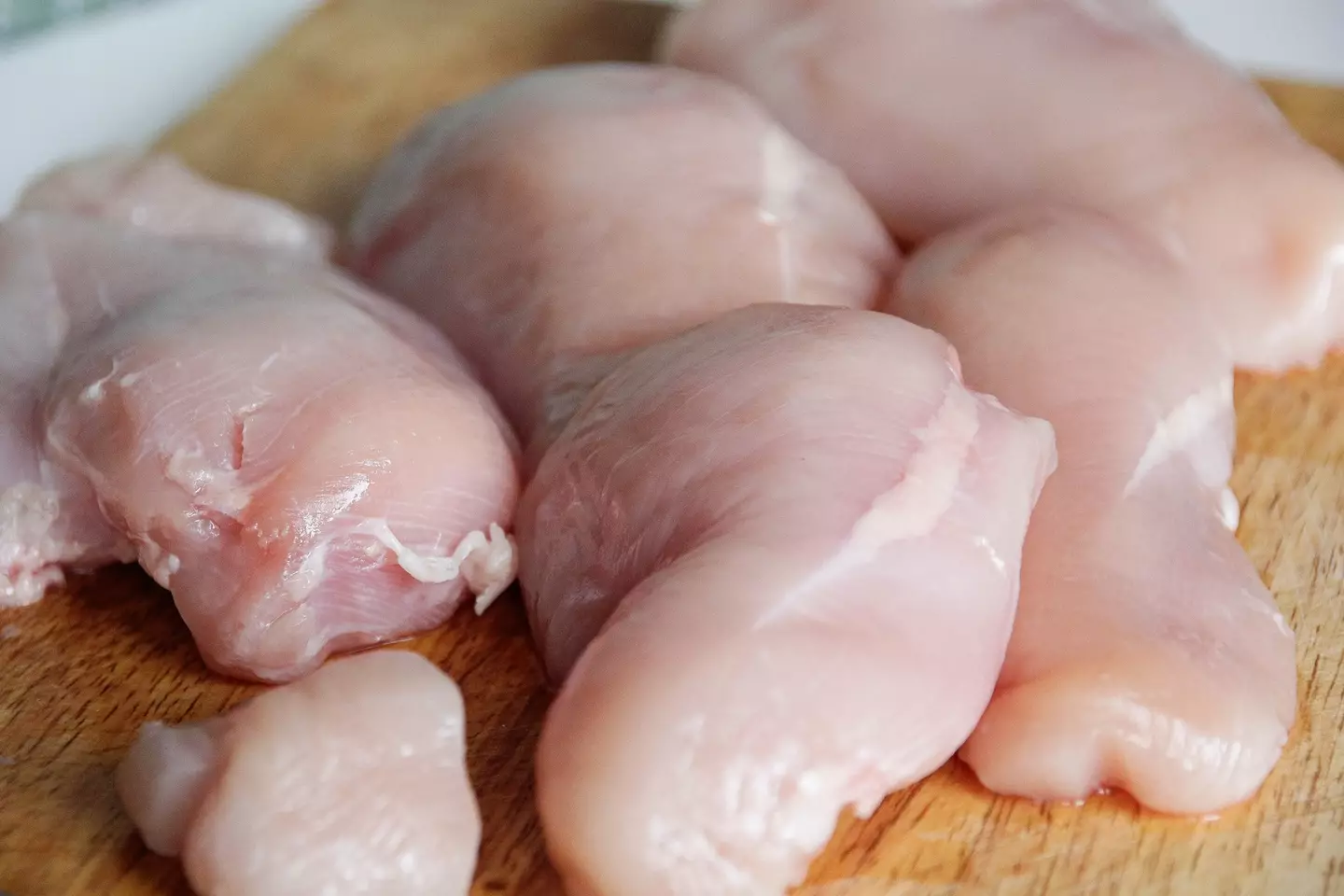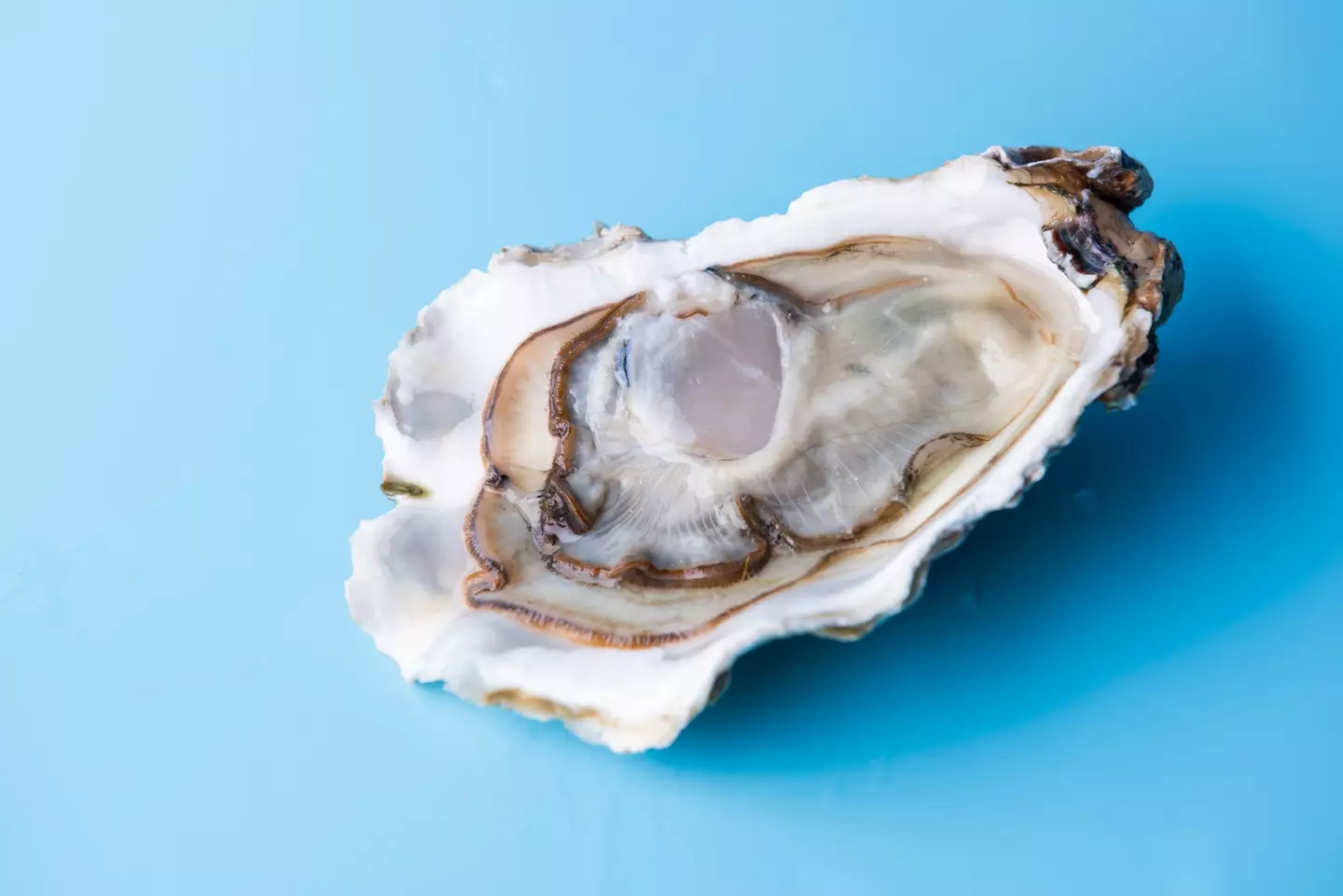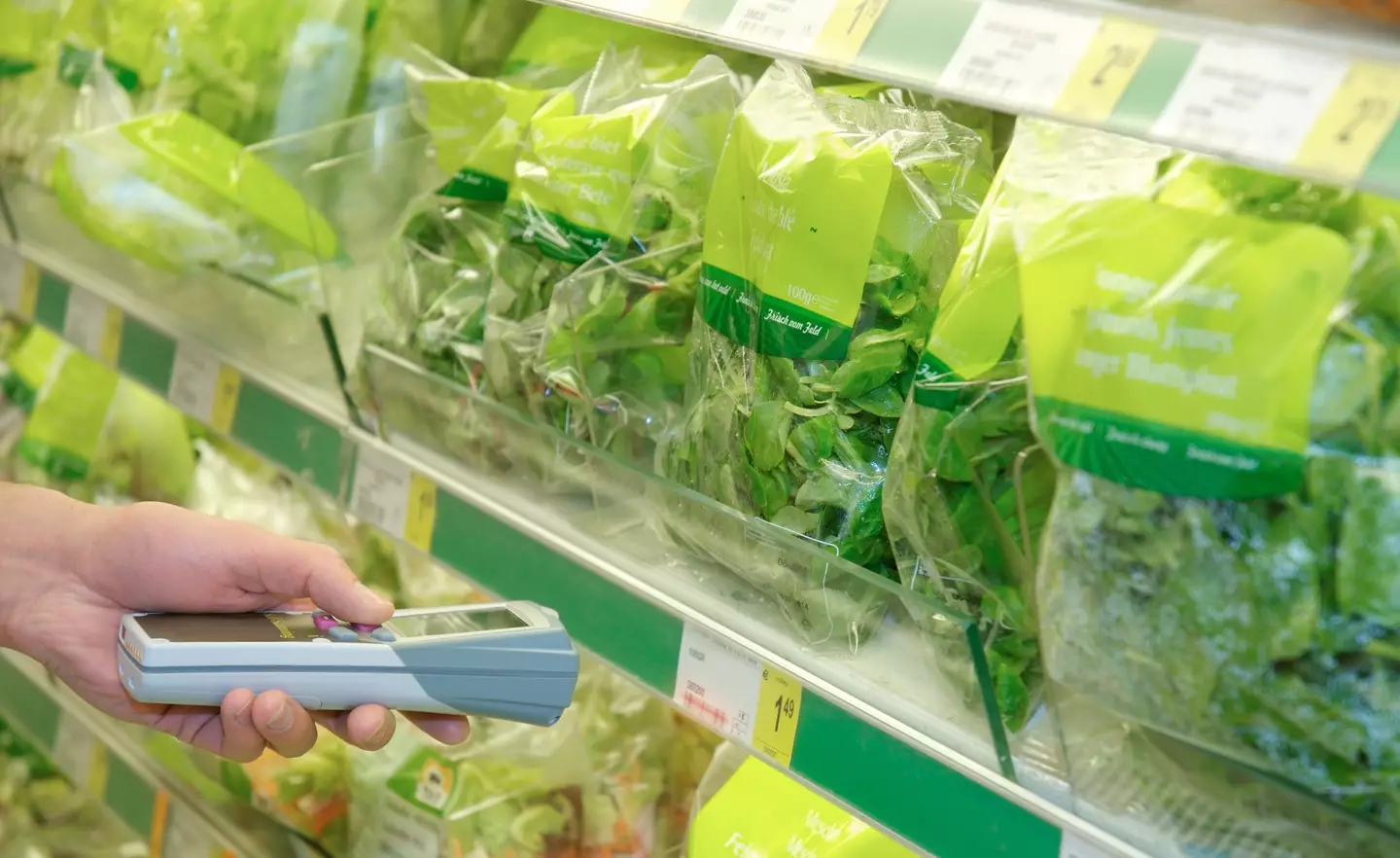Food poisoning is horrible, and in severe cases it can even be life-threatening.
It’s estimated that around 2.4 million people come down with it each year in the UK, with bacteria like E. coli, salmonella and listeria being common culprits.
Most patients get over it within a few days without treatment. Generally speaking, you need to be hot on your fluid intake if you’ve got food poisoning as it’s often characterised by frequent diarrhoea episodes and vomiting, posing a heightened risk of dehydration which can slow your recovery and make you feel considerably worse.

Advert
You can lower your risk of coming down with food poisoning by regularly washing your hands, storing food properly in the fridge, avoiding cross-contamination between raw meats and other ingredients whilst cooking, cleaning surfaces with disinfectant, ensuring meat is cooked to an appropriate internal temperature, and rinsing fruit and vegetables under the tap before eating them or adding them to a dish.
However, there are some extra steps you can take. Writing in the Independent, microbiologist Primrose Freestone said there are two foods she avoids to curb her food poisoning risk, and she had more tips besides.
“I rarely eat alfresco – whether picnics or barbecues – as the risk of food poisoning goes up when food is taken outdoors,” she wrote. “Keeping your hands clean when handling food is key to not getting sick, but how often do you find hot running water and soap in a park or on a beach? You can use alcohol hand gels (they’re better than nothing), but they don’t kill all germs.”
She continued: “Also, food tends to attract an array of flying and crawling critters, such as flies, wasps and ants, all of which can transfer germs, including E coli, Salmonella and Listeria, to your food.”
If you’ve got a penchant for all-you-can-eat buffets, you’d best bear this in mind, too: “Indoors, food can be exposed to contamination from insects, dust and above all, people. Food poisoning is, therefore, an inevitable risk when dining at a buffet.
“Contamination comes from buffet visitors touching food, and germs can be sprayed on to buffets from people sneezing or coughing close to the food.”
As to the foods Freestone avoids entirely, there are two that you might want to consider nixing from your diet if you’re particularly concerned about food poisoning.
“There are some foods I never eat, and raw shellfish, such as oysters, is one of them,” explained Freestone. “This is because oysters are filter feeders and can concentrate germs, such as Vibrio and norovirus, in their tissue.

A single adult oyster can filter 50 gallons of water per day, taking on materials and bacteria within their environment. As a result, they can easily become contaminated with Vibrio, and there’s no way of telling until it’s made you ill.
“It is also possible to pick up food poisoning from eating any raw shellfish (clams, mussels, whelks, cockles). I only eat shellfish that are well-cooked because heat effectively kills harmful germs,” continued Freestone.
And the other key food she avoids? Bagged salads.
“I never eat bagged salads, largely because one of my research areas is fresh salad safety. It has been found that bagged lettuce can contain food poisoning germs such as E coli, Salmonella and Listeria,” she explained, and her expertise corroborates this worrying reading.

“My research group has found that these pathogens grow more than a thousand times better when given juices from salad leaves, even if the salad bag is refrigerated. Worryingly, the same germs use the salad juices to become more virulent, and so better at causing an infection.”
Of course, many of us eat bagged salads all the time without falling ill, but it’s a good idea to keep an eye on whether it’s starting to turn as well as giving it a thorough rinse before eating it.

